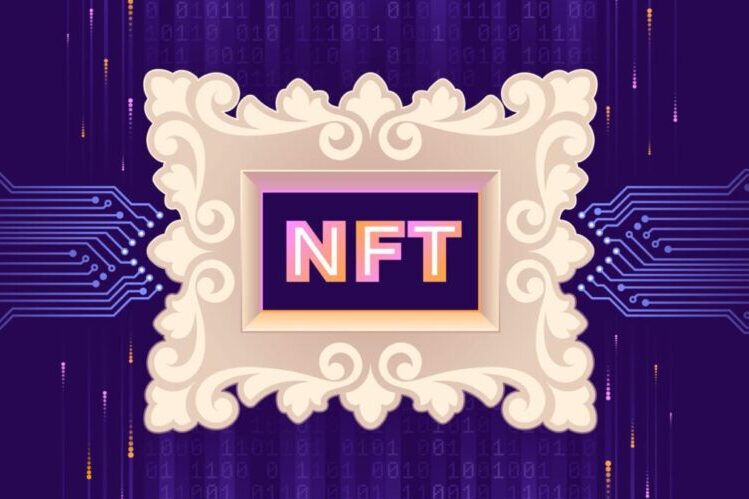This post will briefly explain how each form of crypto business is governed in different countries and what legal issues you should be aware of when starting a blockchain firm.
All of these companies are Virtual Assets Service Providers, according to regulators. Crypto exchanges, wallets, DeFi, NFT markets, play-to-earn games, and other crypto enterprises are VASPs. Some regulators have VASP-specific modes.
Page Contents
How to Find a Crypto-Friendly Nation for De Fi and Exchanges?
Any cryptocurrency exchange can be centralized or decentralized. Centralized exchanges manage bitcoin trading and store consumers’ virtual assets. Decentralised exchanges utilize smart contracts to autonomously shift coins depending on user trade requests.
Centralized exchanges need permits in most countries. Licenses are either basic fintech or cryptocurrency-specific. Fintech licenses in general:
- US Money Transmitter License
- EMI License in England and Lithuania
Special cryptocurrency licenses:
- Gibraltar DLT license
- UAE IDGM zone registration
- Authorization from Canadian and Estonian financial monitoring agencies
A business strategy, technical audit of the system that will store users’ assets, and financial, AML, and privacy compliance are needed to get a general fintech and a particular crypto license.
In the US, DEXs were considered financial firms and treated similarly to centralized crypto exchanges. Staking, yield farming, crypto lending platforms, and other DeFi ventures are also financial services, according to authorities.
Most DEX with DeFi elements are registered in countries without regulation (such as the British Virgin Islands and Bermuda) or launched as DAOs with appropriate legal wrappers.
Understanding Crypto Wallet Registration

Source: stormgain.com
The basis of operation distinguishes custodial and non-custodial crypto wallets. Custodial wallet providers hold users’ virtual assets and control their private keys. Users can generate a private key and control their virtual assets in non-custodial wallets.
Custodial wallet providers must obtain special authorizations from financial monitoring authorities in most countries because they fully control users’ virtual assets stored on them.
Registration of a custodial wallet with a financial monitoring authority requires the wallet provider to appoint an AML officer, implement KYC (know your client) procedures for clients, and analyze wallet transactions for affiliation with sub-sanctioned blockchain wallets.
No regulations exist for non-custodial wallets. Some wallet providers provide token swaps, which automatically exchange tokens. Regulators in certain countries may identify this feature as offering virtual asset exchange services, so be careful. If the team launches a wallet with a token swap feature, it must be legally organized and documented in the crypto wallet’s Terms & Conditions.
Country Selection for NFT Marketplace Registration

Source: usatoday.com
Most nations classify NFTs as digital products, and their “non-interchangeability” makes them collector items.
NFT marketplace registration jurisdictions are based on business model. To function in the nation of registration, the marketplace must have an auction license/authorization if it uses a commission business model.
Suppose the NFT marketplace gets IP-related royalties from NFT resales. Thus, an IP-friendly country with IP-related income tax regimes is crucial. Switzerland, the Netherlands, Cyprus, and others are worth consideration.
Start with The Correct Nation
New crypto firms are popping up worldwide. Crypto firms must be cognizant of financial, securities, consumer protection, and VASP-specific regulations in various jurisdictions since their business models influence them.
Obtaining a Poland VASP license without violating the law requires acknowledging the legal implications of the company model, obtaining licenses/authorizations, and implementing compliance processes.
This article should help you understand legal issues while starting a crypto firm. Contact Fintech Harbor Consulting if you have difficulty enrolling. They’re pleased to discuss your crypto company and might help with legal structure.





